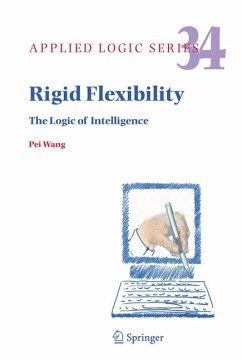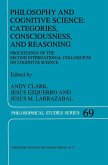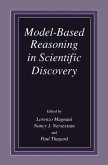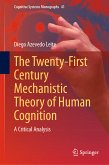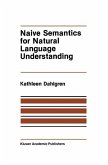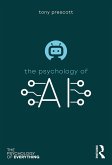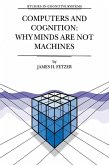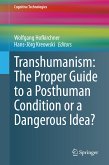This book is the most comprehensive description of the decades-long Non-Axiomatic Reasoning System (NARS) project, including its philosophical foundation, methodological consideration, conceptual design details, implications in the related fields, and its similarities and differences to many related works in cognitive science. While most current works in Artificial Intelligence (AI) focus on individual aspects of intelligence and cognition, NARS is designed and developed to attack the AI problem as a whole.
Dieser Download kann aus rechtlichen Gründen nur mit Rechnungsadresse in A, B, BG, CY, CZ, D, DK, EW, E, FIN, F, GR, HR, H, IRL, I, LT, L, LR, M, NL, PL, P, R, S, SLO, SK ausgeliefert werden.

